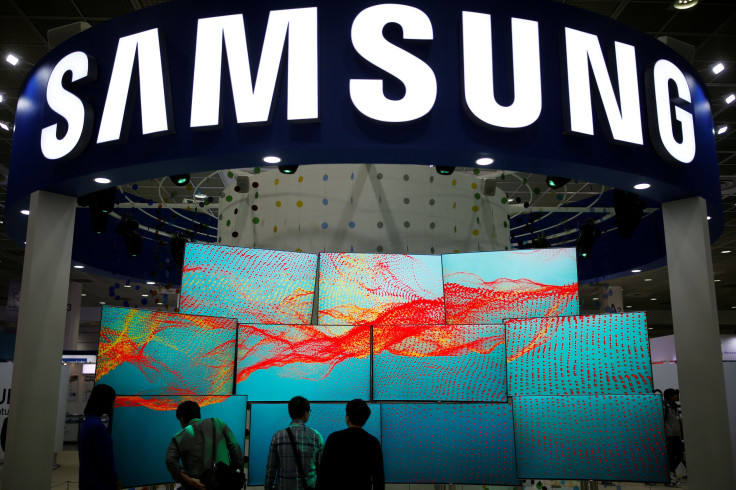Samsung To Buy Harman International For $8 Billion To Expand Presence In Automotive Electronics Market

Samsung Electronics announced Monday that it would purchase the U.S. auto-parts and high-end audio products manufacturer Harman International Industries for roughly $8 billion. The acquisition, which the Wall Street Journal reports is the biggest in Samsung’s history, would pave the way for the South Korean company’s expansion in the automotive technology market.
The all-cash deal, which values Harman at $112 per share, is subject to approval by Harman shareholders and regulators, and is expected to close in mid-2017. The purchase price represents a nearly 28 percent premium over Harman’s Friday closing price of $87.65 per share.
“HARMAN perfectly complements Samsung in terms of technologies, products and solutions, and joining forces is a natural extension of the automotive strategy we have been pursuing for some time,” Oh-Hyun Kwon, Samsung vice chairman and CEO, said in a statement. “As a Tier 1 automotive supplier with deep customer relationships, strong brands, leading technology and a recognized portfolio of best-in-class products, HARMAN immediately establishes a strong foundation for Samsung to grow our automotive platform.”
Harman, based in Stanford, Connecticut, has been aggressively expanding its car technologies business in recent years under its CEO Dinesh Paliwal. The company reported revenue of $7 billion in the fiscal year 2016, of which an estimated 65 percent came from car-related products.
“Samsung is an ideal partner for HARMAN and this transaction will provide tremendous benefits to our automotive customers and consumers around the world,” Paliwal said in the statement. “This transaction will bring HARMAN and Samsung’s complementary strengths together to accelerate innovation in this space.”
In addition, the deal would allow Samsung to reduce its reliance on its smartphone business, which has, in recent months, been hit hard due to the withdrawal of roughly 2.5 million Galaxy Note 7 phones. Last month, after announcing that it was permanently halting the production of the Note 7 smartphones, the company reported a 17 percent drop in its third-quarter profits.
In total, the demise of the flagship smartphone is likely to cost Samsung over $5 billion.
“The deal size shows how desperate Samsung is for a new growth driver,” Greg Roh, an analyst at HMC Investment & Securities, told Bloomberg. “Samsung may have figured that it can’t become a leader in the car component business by itself, so it needs a big brand to get into the market.”
© Copyright IBTimes 2024. All rights reserved.






















